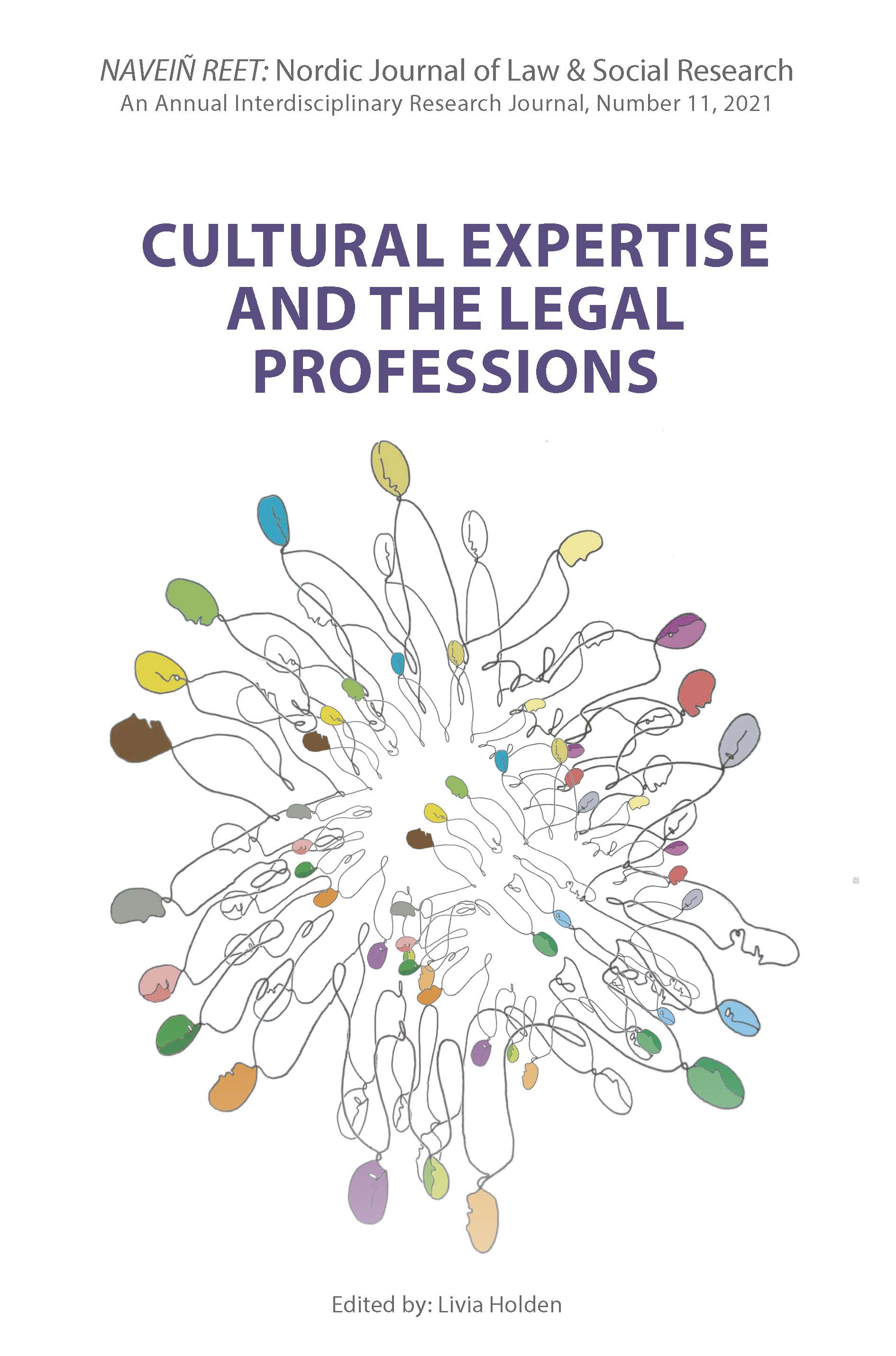Cultural Expertise in Civil Law in Italy
DOI:
https://doi.org/10.7146/nnjlsr.vi11.132005Abstract
This paper emphasises the use of cultural knowledge and cultural expertise in court, with specific reference to civil proceedings. It adopts background scenarios characterised by the presence of ex officio judicial powers that introduce knowledge into trials regarding family and juvenile proceedings, guardianship of ill and elderly people, and immigration and asylum proceedings. The assumption of this paper is that when a situation involving intercultural elements is brought to the attention of the court, the usual background knowledge of the judge may be insufficient to render meaningful judgement. In this situation, thanks to ex officio powers (in introducing facts, gathering evidence, raising legal and factual questions), the judge should be able to establish the elements to be examined through the lens of cultural diversity. The paper uses examples to illustrate judicial practices and then draws a set of initial conclusions about the status of cultural expertise in Italian civil procedures, the challenges of the present, and initiatives to be taken in a short-term perspective (training, panels of experts, deontological requirements for experts).
Downloads
Published
How to Cite
Issue
Section
License
Counting from number 12 (2022), articles published in NNJLSR are licensed under Attribution 4.0 International (CC BY 4.0). Readers are allowed to copy and redistribute the articles in any medium or format, to adapt and revise the articles, and use the articles for commercial purposes, provided that the readers give appropriate credits.
No Creative Commons licenses are applied on articles in number 1 (2009)-11 (2021). All rights reserved by the authors. Readers are allowed to download, read, and link to the articles published in volume 1 (2009)-11 (2021), but they may not republish or redistribute these articles without permission of the authors.

